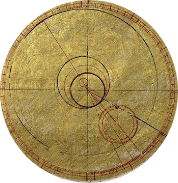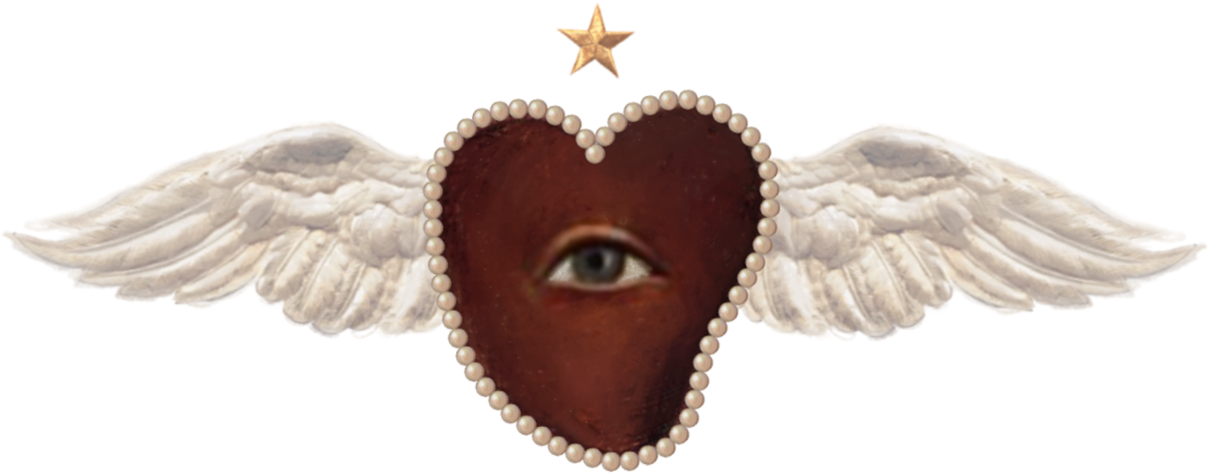From a very early age, Aldous Huxley was seen as different. As a child, he spent a good deal of his time sitting quietly, contemplating the loveliness of things. His family life was a very happy one 9 although expectations were high regarding his standard of behaviour.
Huxley was born into an elite family of intellectual English aristocrats who desired to acquire, to advance and to disseminate knowledge and improve humanity. An assumption of responsibility held only by a handful of upper-middle-class families in the mid-Victorian era 10.
Huxley’s father encouraged him to appreciate the past, especially human evolution. His mother taught him the value of education and literature. With this rich heritage, Huxley looked at the world on the one hand with the cool objectivity of a scientist 11 and on the other with the imaginative sympathy of an artist.
Huxley’s mother, Julia, was described as a remarkable and admirable woman, loved by many. She had original ideas about education and went on to establish a school for girls 12, an impressive feat for this time, encouraging a love of books, culture, and solitude, allowing girls an unusual amount of freedom of thought and expression. Encircled by a heart on an olive tree was the school’s motto:
“We live by admiration, hope, and love.”
Young Aldous Huxley and his two brothers naturally excelled in their schooling and were profoundly influenced by their mother. Even in his youth, it has been said that Aldous Huxley read a vast amount of literature which, of course, was in his bones 13. Amongst his many qualities, his chief trait was an intense Mercurial curiosity, and while he was the greatest of all talkers, he was equally the greatest of all listeners.
Major heartbreaking events 14 set into motion Huxley’s lifelong search for interconnected consciousness. His beloved mother died when he was only fourteen; a violent form of cornea inflammation left him semi-blind, and his brother unexpectedly committed suicide. As self-pity is not in Leo's character, Huxley summons up his internal resources and faces his heartbreaks with courage. Remaining eager to learn about everything taking place in the world, he taught himself to read Braille and type on a small portable typewriter. He also spent hours studying music and teaching himself to play the piano. All the while remaining a social person treating everyone with love and kindness
15 and a man of good humour who, like his mother, was beloved by others.
During his time at Oxford, he fit right in with the outspoken writers, artists, and critics and was known for his evolutionary stance on human development 16
In his novels 17 and essays, he courageously argues that the only way for the human mind to achieve its true potential is by seeing things above and beyond what we usually perceive 18 Huxley goes on to explore this idea in one of his most successful works, Doors of Perception, which is based on his own experience with a mind-expanding drug called Mescaline 19In this work, Huxley unveils the true nature of reality. He discusses the idea of transcendence and that we all long for self-transcendence “as the soul craves to see itself as part of the Oneness of the universe.”
The Doors of Perception went on to impact young people in the sixties, particularly the psychedelic hippie movement, inspiring poet Jim Morrison, the writer of Light My Fire, to name his band The Doors.
“The man who comes back through the Door in the Wall will never be quite the same as the man who went out.”
For he will be more likely to bring knowledge from the heavens and create an upgrade within the group consciousness 20.
In one of his last public speeches, Huxley said: “it is a little embarrassing that, after forty-five years of research and study, the best advice I can give to people is to be a little kinder to each other” this advice he practiced daily. His beloved Laura Huxley relates that he was always loving and gentle, telling her:
“one never loves enough: how can I love you more?”
Devoted to both of his wives Maria and later to Laura, who were unusual and unique in their own way 21. Both Maria and Laura contributed to Huxley's literary works, which arguably made the world a better place.
On his deathbed, unable to speak due to his illness, Huxley made a written request to his wife Laura for “LSD, 100 µg, intramuscular”. Three great men were eclipsed in death that day and passed into the heavenly abyss one after the other, Aldous Huxley, C. S. Lewis author of the Chronicle of Narnia, and John F. Kennedy. Shortly before his serene exit, Huxley said:
“I have known that sense of affectionate solidarity with the people around me and the Universe at large – also the sense of the world’s fundamental All-Rightness, in spite of pain, death, and bereavement”.



